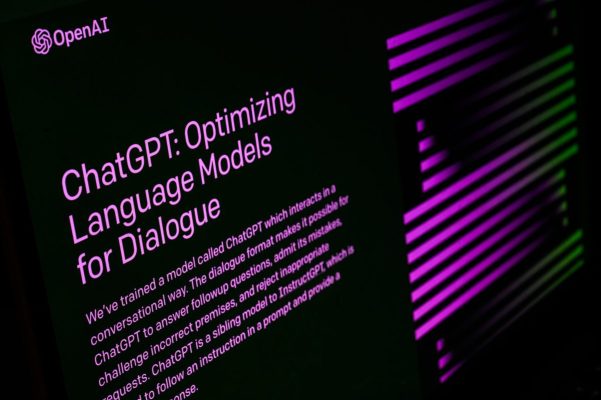FuturePay Pilots BNPL for Advanced Horticulture Equipment

In a noteworthy development for the agriculture sector, FuturePay, a leading fintech company, has announced the pilot of a Buy Now, Pay Later (BNPL) scheme specifically tailored for advanced horticulture equipment. This strategic move aims to empower farmers and horticulturists by providing them with financial flexibility to adopt cutting-edge technology without immediate financial strain.
The introduction of BNPL schemes in the agricultural sector marks a significant shift in how financial solutions can be integrated into traditional industries. FuturePay’s initiative is poised to address the financial challenges faced by many small to medium-sized enterprises (SMEs) in the horticulture industry. By offering deferred payment options, FuturePay enables these businesses to invest in state-of-the-art equipment that can enhance productivity and sustainability.
Advanced horticulture equipment, such as automated irrigation systems, smart sensors, and precision farming tools, plays a crucial role in modernizing agricultural practices. However, the initial investment required for such equipment often poses a barrier for small-scale farmers. FuturePay’s BNPL model mitigates this issue by allowing end-users to purchase equipment upfront and repay the cost over an agreed period, typically without interest if paid within the promotional period.
Globally, the BNPL market has been experiencing exponential growth, driven by the increasing demand for flexible financial solutions. According to a report by MarketWatch, the global BNPL market is expected to reach $3.98 trillion by 2030, reflecting a compound annual growth rate (CAGR) of 45.7% from 2021. This trend underscores the growing consumer preference for alternative financing options across various sectors, including e-commerce, retail, and now agriculture.
In recent years, the agriculture industry has been under pressure to adopt sustainable practices and improve efficiency to meet the demands of a growing global population. As such, access to advanced equipment is not just an option but a necessity for achieving these objectives. FuturePay’s BNPL solution is strategically positioned to support this transition by providing a financial lifeline to horticulturists who wish to innovate and scale their operations.
One of the key advantages of FuturePay’s BNPL offering is its potential to level the playing field for smaller horticulture businesses. Unlike traditional financing methods, which often involve stringent credit checks and lengthy approval processes, BNPL provides a more accessible and streamlined approach. This can facilitate quicker decision-making and implementation of technology, ultimately leading to enhanced productivity and competitiveness.
However, it is essential for users to approach BNPL offerings with caution. While these schemes provide immediate access to necessary resources, they also require disciplined financial management to avoid accumulating debt. Stakeholders in the agriculture sector should assess their financial capacity and repayment capabilities before committing to such arrangements.
The pilot program initiated by FuturePay is currently being tested in selected markets, with plans for broader implementation contingent on initial results. The company is collaborating with various horticulture equipment manufacturers and suppliers to ensure a wide range of options is available to potential customers.
As the agriculture sector continues to evolve, innovations like FuturePay’s BNPL scheme provide a glimpse into the future of financing for industries traditionally underserved by conventional financial institutions. By offering flexible payment solutions, FuturePay is contributing to a more resilient and technologically advanced agricultural landscape.
In conclusion, while FuturePay’s BNPL initiative for advanced horticulture equipment is still in its early stages, its potential impact on the agriculture industry is significant. By bridging the financial gap for SMEs, this model not only supports technological adoption but also encourages sustainable and efficient farming practices that are crucial for future food security.













